Sunday Reflections: YA Literature Too Dark! Why Don’t We Ask the Teens?
It’s another day ending in the letter Y, which means yet another article is being written by an adult regarding the darkness of YA literature. Years ago, when there was a large number of these articles, I wrote a post here called “Dear Media, Why Don’t You Let Me Help You Write That Article on YA Literature.” I stand by a lot of that post, but I would add in one very important caveat: Why don’t we ask teens themselves?
I’ve written here a lot about how I feel that adults are increasingly taking over a part of the YA market, and I stand by that assertion as well. Don’t get me wrong, I think there is a big difference between YA publishing, the online YA community, and YA librarians. YA publishing is, of course, going to follow the money; they are a profit driven business, so it is no surprise that some of the actors are catering to adults because the research shows that adults are buying YA. The problem is, of course, that this doesn’t indicate who they’re buying it for, but I’m not naive and I know that a lot of adults are reading YA. Then there is the online YA community, like Bookstagram, Booktube and YA Twitter, all of which have teen participants but also appear to be adult dominated.
ADVERTISEMENT
ADVERTISEMENT
And then there is YA librarianship. YA librarians are, of course, adults, because they tend to have an undergraduate or MLIS degree. But, outside of those YA librarians who are being asked to fill a hole out of convenience, most of us are in this business to serve actual teens. Many of us have or have had teen advisory boards. All of us work with teens and get feedback all the time from our teens. We help them find books of interest, we talk to them about books, and they ask us to buy certain books. Teachers and librarians who work with teens and are doing their jobs correctly have some pretty good ideas about what teens are reading and why. And overwhelmingly, they like to read dark books.
There are, of course, always exceptions. No one group is just one thing. I regularly ask for more funny YA, more HEA YA, and more “light” YA, in part because I do have teens asking for this. For example, because of the make up of our local community, we have a large “Horse and Buggy” collection which is a collection of Amish fiction that gets asked for regularly. I also still have teens coming in and asking for Dystopian. I helped a teen boy just the other day who wanted Dystopian but not The Hunger Games or Divergent because he had read those.
Even The Teen, who comes from a supportive family with two parents who adore each other and invest in her, likes to read dark and angsty YA. Adolescence is a time of great change and challenges and it can be very emotionally overwhelming. Even my teen who is cloaked in all kinds of privilege finds the realities of life overwhelming.
I used to host a poetry contest and slam every April as part of my regular YA services. Every year we would get tons of poems and the adults who didn’t work with teens that I asked to judge would be surprised by the overwhelming darkness of the poems. The adults who did work with teens never were. Judging a teen poetry contest will open your eyes quickly to how dark the mind of a teen can be. YA isn’t making teens dark or depressed, it’s dark and depressed because a lot of our teens are. Teens will catch on to any inauthenticity quickly and reject a book that they read as false, pandering, or overly didactic. The surest way to get teens to stop reading is to write the types of books adults want them to read which are very different than the types of books that teens want to read for themselves. I’m pretty sure my teen is never going to commit murder, but if no one dies in a book she doesn’t want to read it.
Whenever someone complains about how dark YA is, it is almost always an adult. It is often a parent and often these parents don’t understand how dark the inside of their children’s minds can be. Even if they themselves aren’t wrestling with an internal darkness, they are friends with someone who is. 1 in 4 teens wrestle with mental illness. 1 in 5 teens are victims of sexual violence. Rates of depression, anxiety and suicide are increasing. Less than 50% of teens identify as straight. They regularly practice shooter drills in school and chances are they have heard rumors about someone threatening to bring a gun to their school. It happened twice just last year at my teen’s school. Add in hormones, first crushes and rejection, bullying, parental pressure and all the other normal parts of the teenage years, and that’s kind of a lot.
ADVERTISEMENT
ADVERTISEMENT
The reason that I know this is because YA librarians are in the unique position of being trusted by a lot of teens. The stories I could tell you about the lives teens are living. I work with teens who have had to move out of state for a period of time to stay with a distant relative because both parents were in jail. I work with teens who have had their personal stuff sold by siblings and parents so they can buy drugs. I work with teens who have watched their parents overdose. I work with teens who live in oppressive poverty in homes where adults have come and gone and they have little reason to hope for a future that is any less bleak than it currently is because they can so no way out.
Not all of these teens like to read dark literature, because some of them are looking for escape. But a lot of them like to read books about people like them because even in these dark books, there is often a glimpse of escape, and they need to know that there are people who care, resources to help them, and a hope for a future. But even if a teen doesn’t lead a dark life, it’s meaningful and powerful for them to read dark books because reading builds compassion and awareness. My teenage daughter has learned a lot about, for example, violent dating relationships by reading. She recently told a friend that she was concerned that her boyfriend was too controlling and that it could be an indication of an unhealthy relationship. She had this awareness, these relationship tools, because she has read dark YA about abusive relationships and now has a greater awareness of what she should demand for herself and refuse to tolerate while dating.
The types of books I get asked for the most: Realistic fiction, Paranormal, LGBTQ Lit, “books that will make me cry”
Fifteen minutes from my house Jordan Edwards was killed by a white police officer. Just this past week that officer was found guilty of murder. My teenage daughter is best friends with the daughter of one of Jordan’s teachers. We did not know this young man, we don’t live right there in the community, and we are cloaked in white privilege, but we have been here watching this community and this family wrestle with this profound loss. The Teen has read both All American Boys and The Hate U Give to help her gain a better understanding as an outsider looking in to what this family, this community is going through. As a parent and a librarian, I am glad that books like this exist because they help outsiders better understand the very real challenges that other people face in life. My daughter is learning that racism is real and that she has white privilege and a duty to speak out against it because reading books helps to open minds and build compassion.
I think of these teens and their stories every time I read about an adult making claims about YA literature. I wish that as part of their research the writers of these articles would spend some time talking to teens and asking them what they think about YA literature. YA literature has and should be for teens, so maybe it’s time we stopped letting adults talk about it and asked the teens themselves. That’s what YA librarians have been doing for years and I highly recommend it. But don’t just ask one teen, ask many. In fact, I would love if it would become standing operating procedures to speak to a minimum of 10 teen readers before writing an article on YA literature. It’s time for adults to stop speaking for teens and let them start speaking for themselves.
Filed under: Uncategorized
About Karen Jensen, MLS
Karen Jensen has been a Teen Services Librarian for almost 30 years. She created TLT in 2011 and is the co-editor of The Whole Library Handbook: Teen Services with Heather Booth (ALA Editions, 2014).
ADVERTISEMENT
ADVERTISEMENT
SLJ Blog Network
One Star Review, Guess Who? (#211)
Cover Reveal and Q&A: Dusti Bowling’s Latest – The Beat I Drum (Apr 2025)
Kevin McCloskey on ‘Lefty’ | Review and Drawn Response
The Seven Bills That Will Safeguard the Future of School Librarianship
Gayle Forman Visits The Yarn!
ADVERTISEMENT


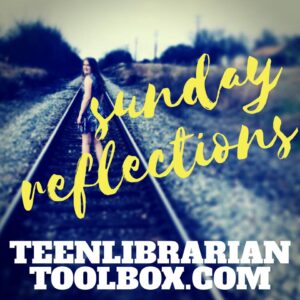

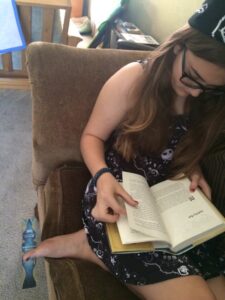
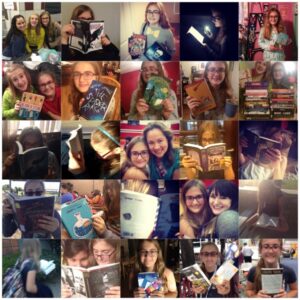
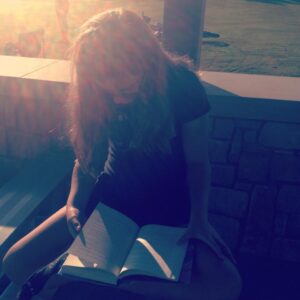

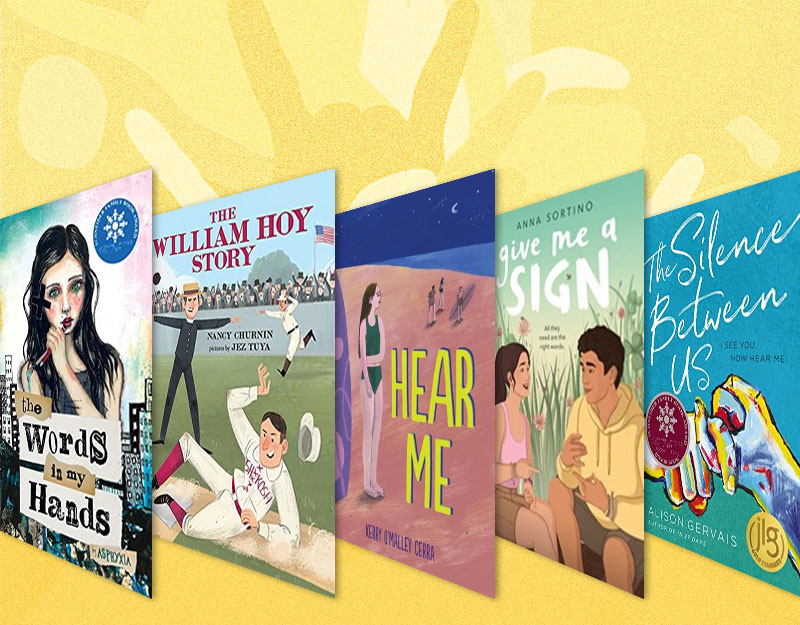
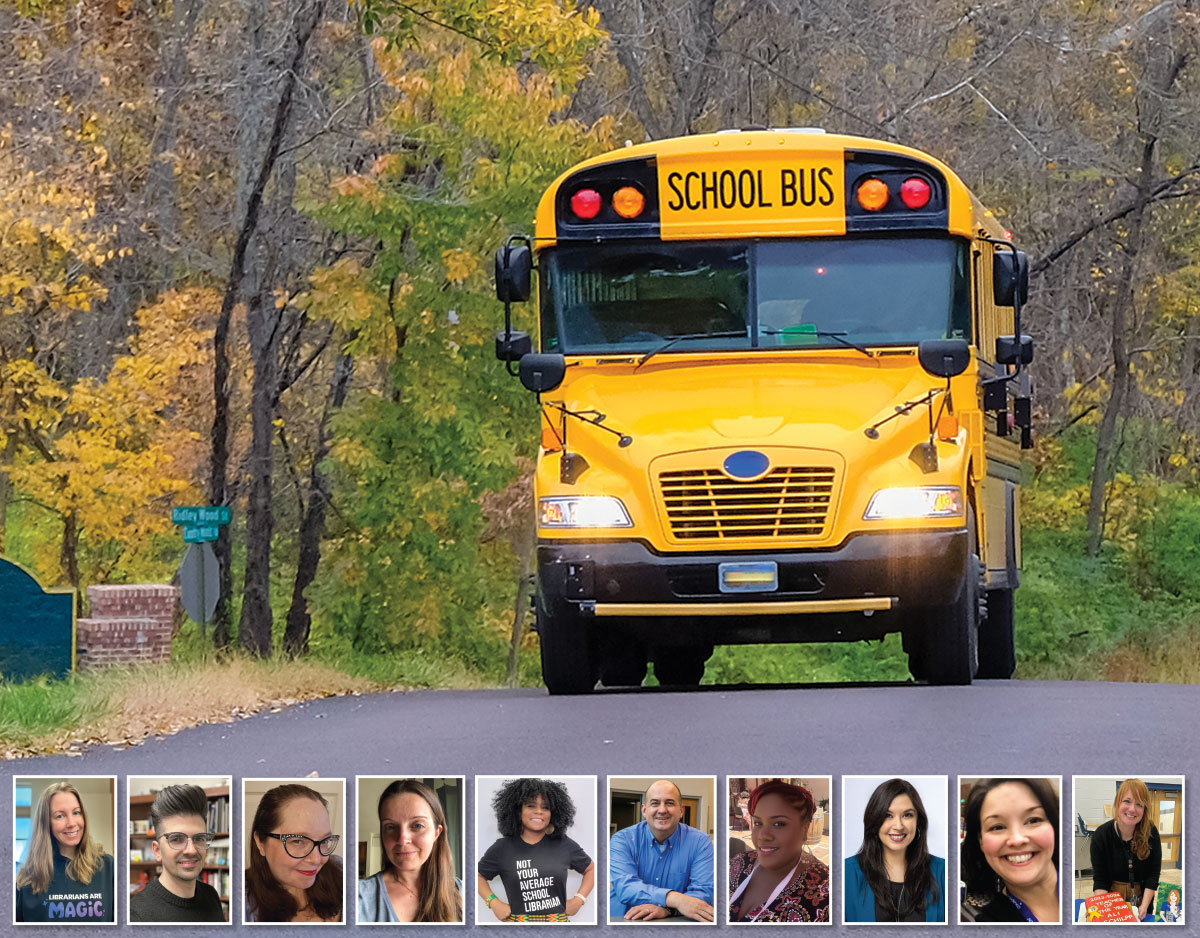
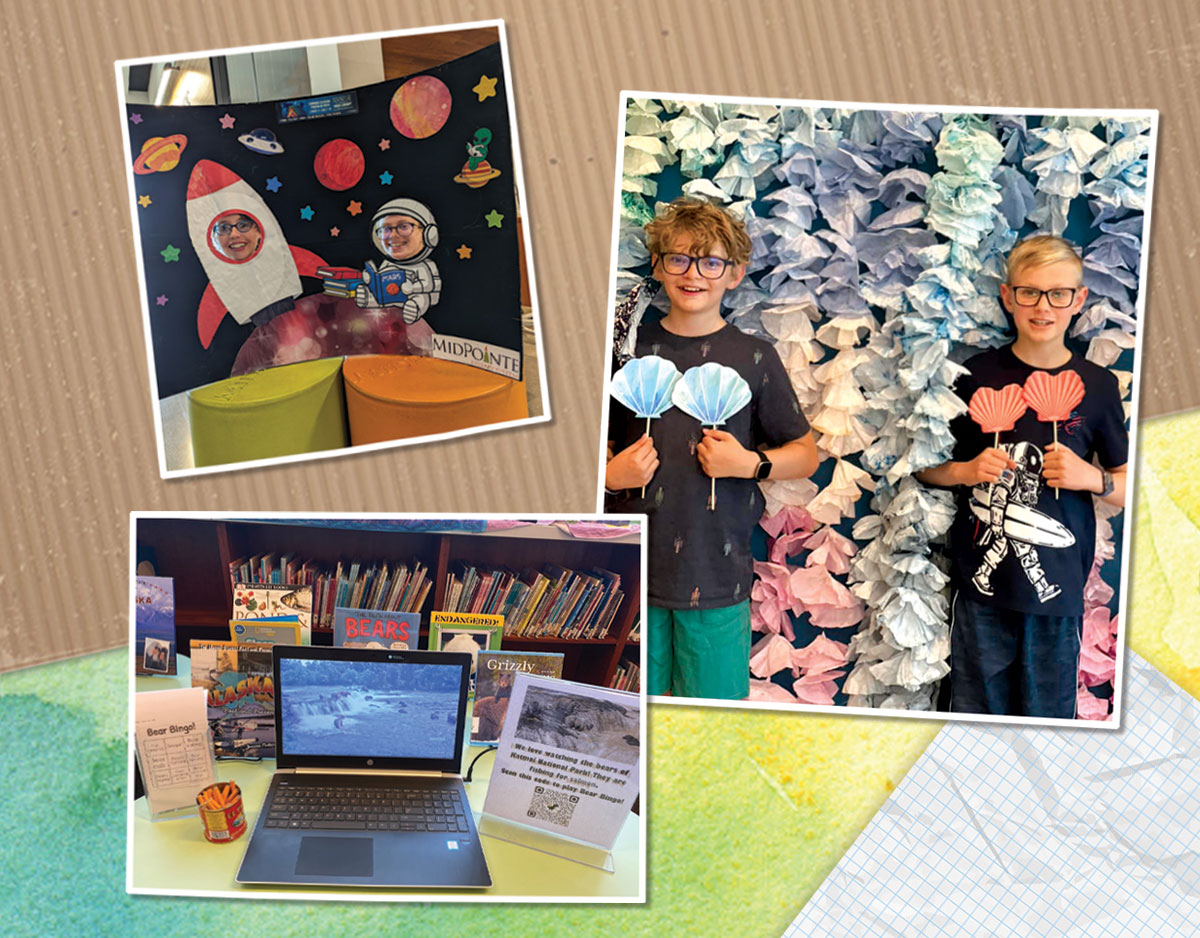
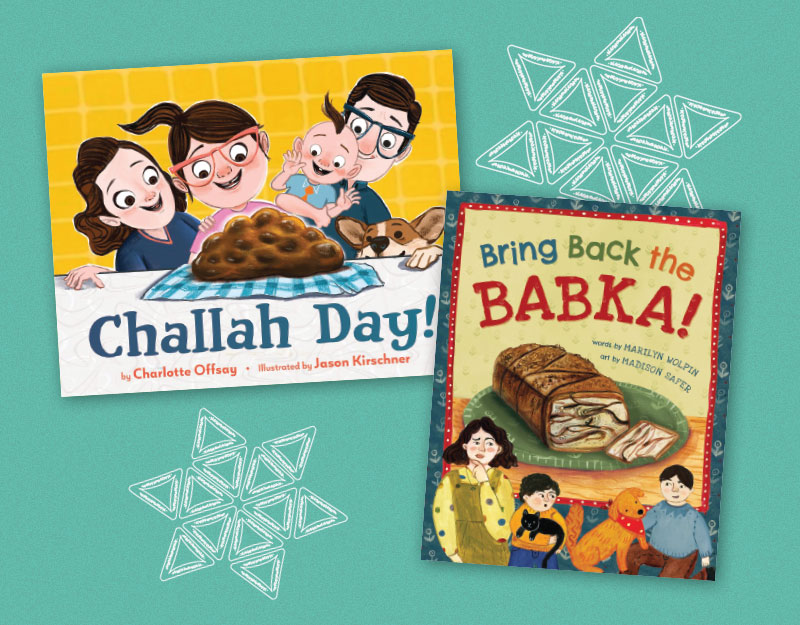
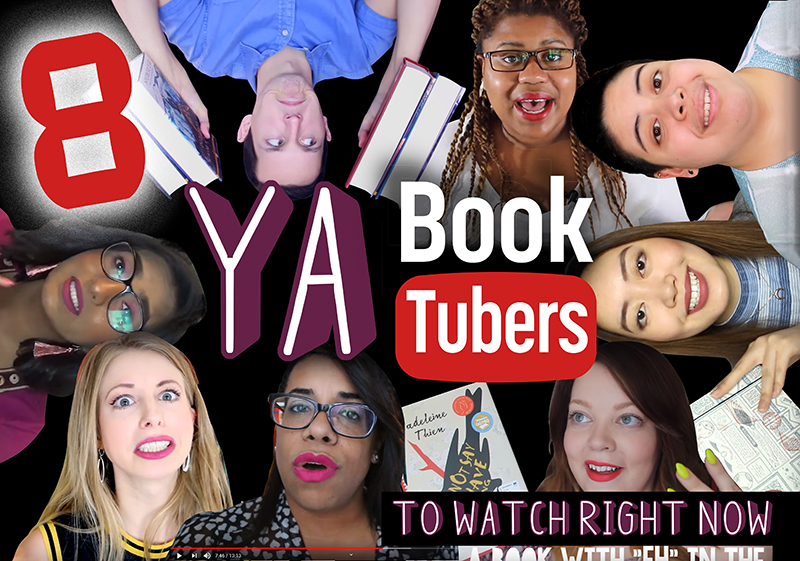
This, 100%. As a teenager whose parent died, I did seek out darker books about death and grief. It was how I figured out that other people had been where I was and felt how I felt. I wasn’t alone. There were people like me. Teens who have lived these things need to see themselves, and kids who haven’t lived these things need to understand them so they can be a part of the world they live in.